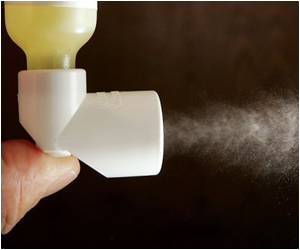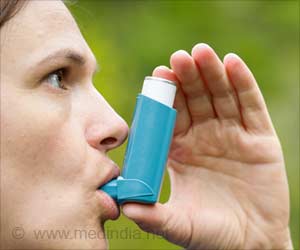
Specifically, their research suggests that some strains of Pseudomonas aeruginosa cause white blood cells to produce very high levels of histamine, which in turn leads to inflammation, a hallmark symptom of asthma.
"We hope that these findings in mice will encourage human-focused research regarding bacterial stimulation of histamine production by white blood cells, like neutrophils, that are not traditionally associated with allergic inflammation," said George Caughey, M.D., a researcher involved in the work.
"Such research could improve our understanding of inflammation in bacterial infections, and help us to craft therapies for relief of inflammation and its consequences for short and long-term health," he noted.
To make this discovery, scientists studied the effect of two strains of pseudomonas bacteria on isolated mouse white blood cells tasked with killing bacteria, called neutrophils.
Results showed that one strain killed the neutrophils, but the second strain produced substances that caused the neutrophils to increase their production of histamine significantly.
Advertisement
Additional work showed that the bacteria persuade neutrophils to produce histamine by causing them to make much more of the key enzyme in histamine synthesis (histidine decarboxylase) than neutrophils would otherwise do in the unstimulated state.
Advertisement
Source-ANI













